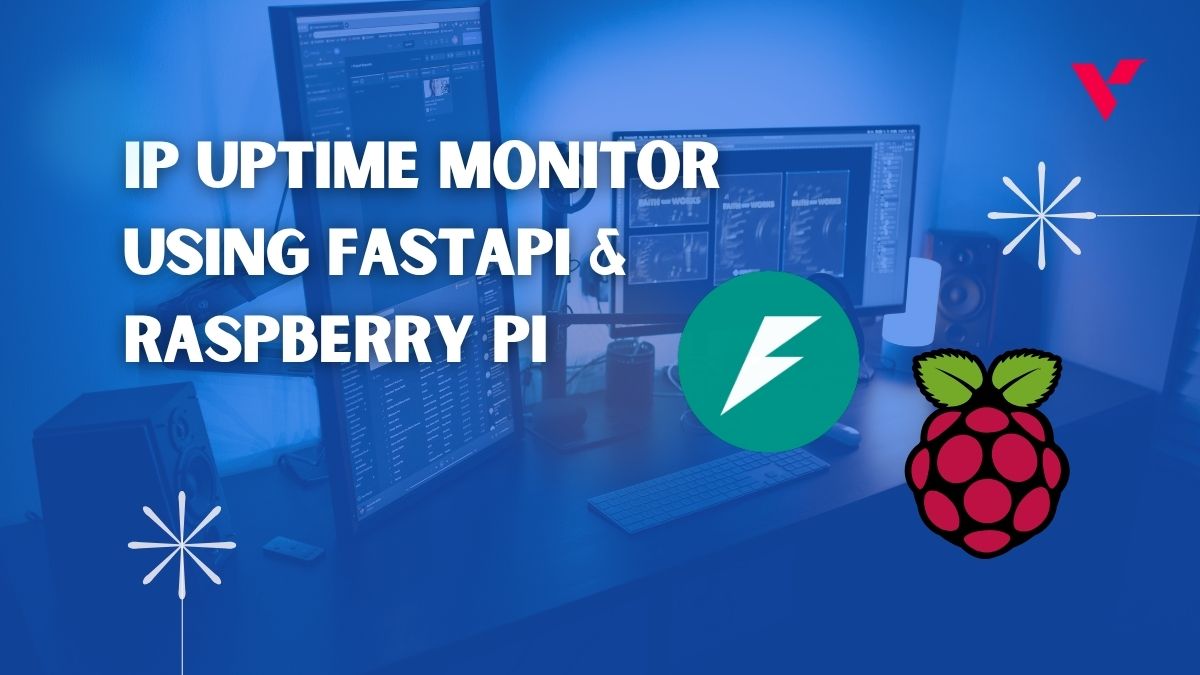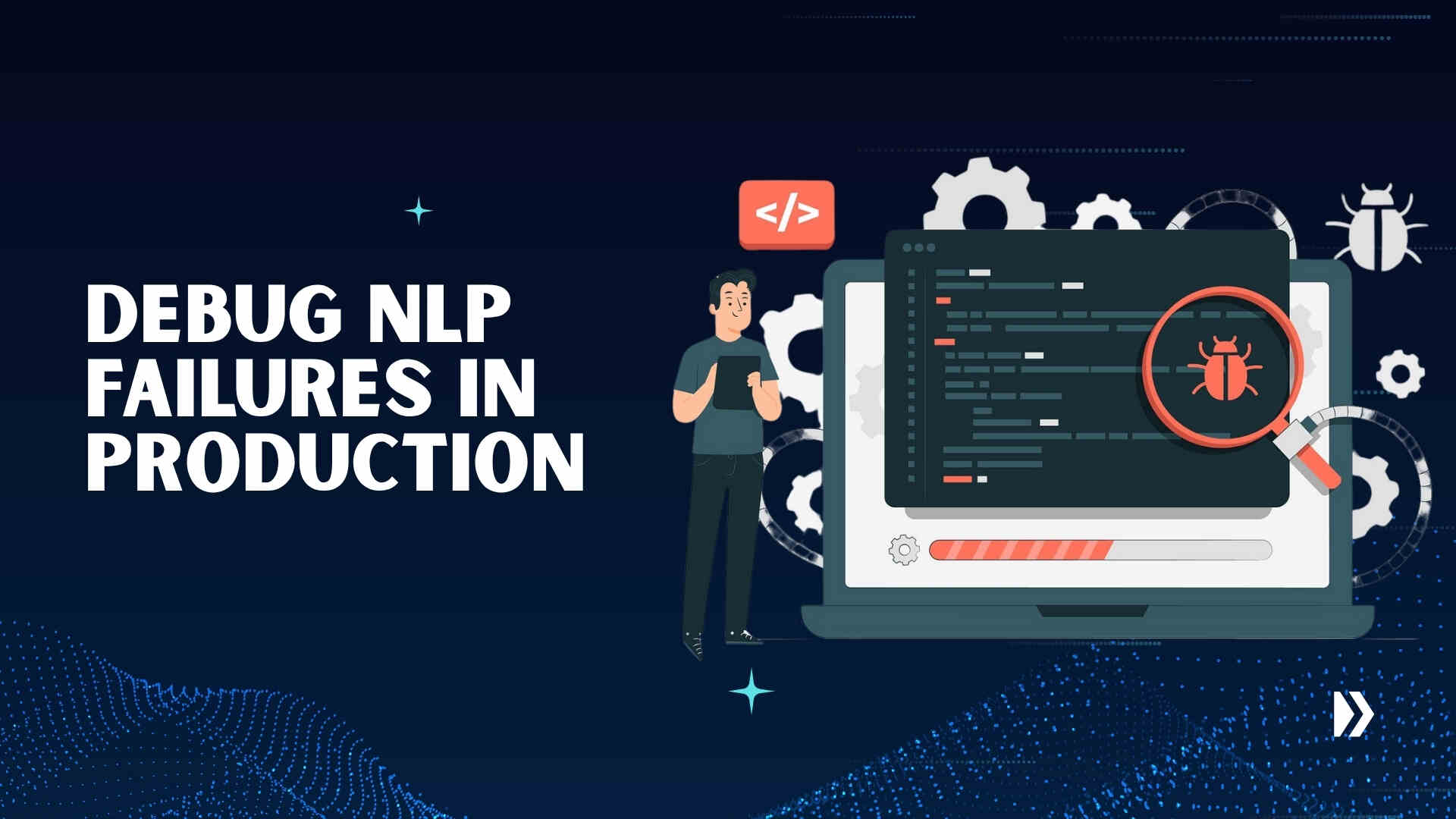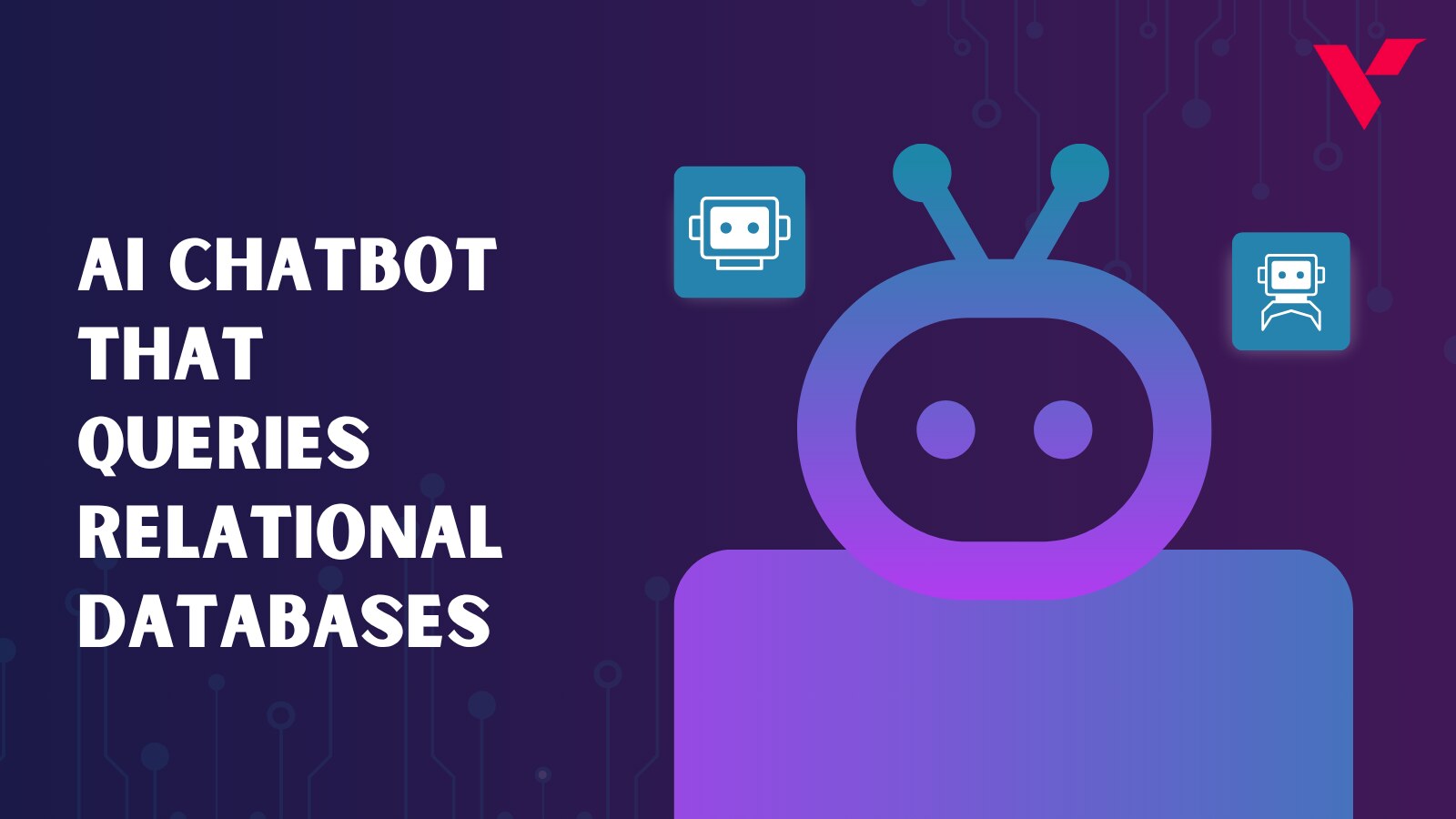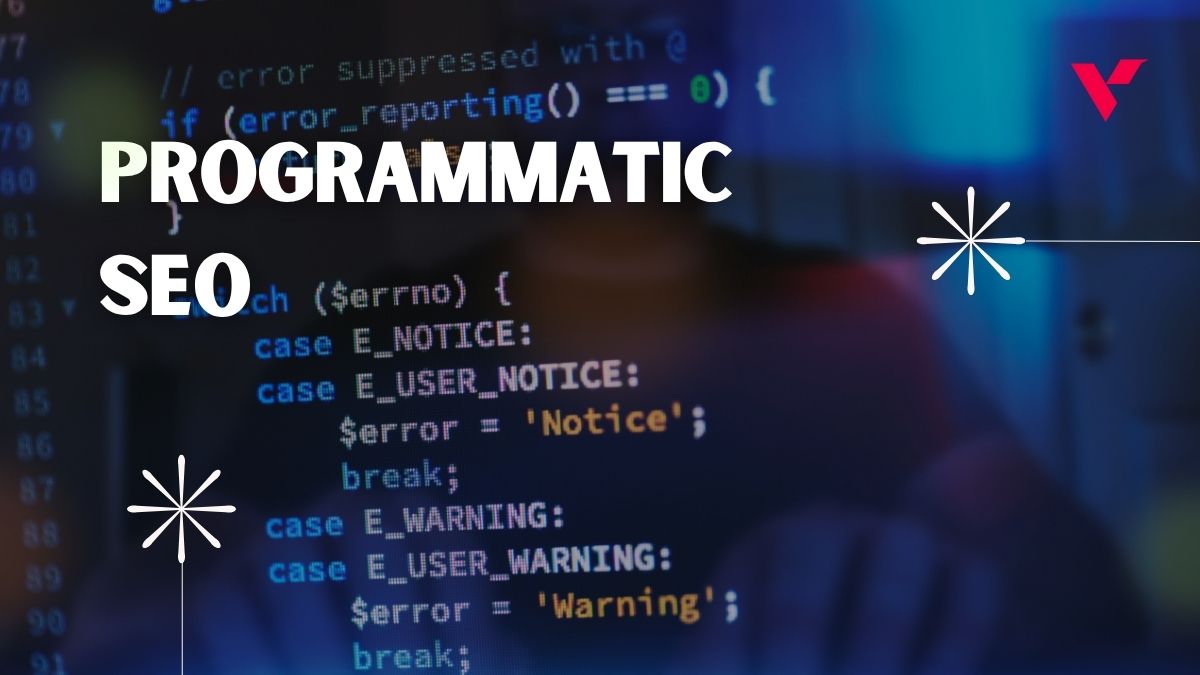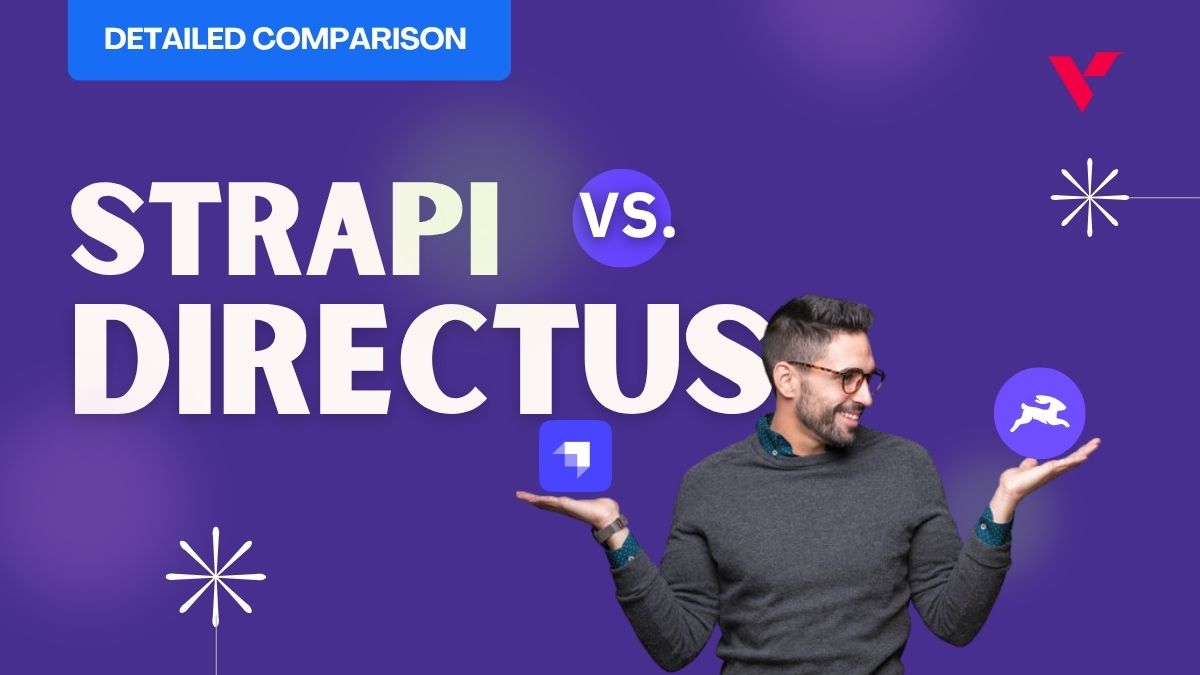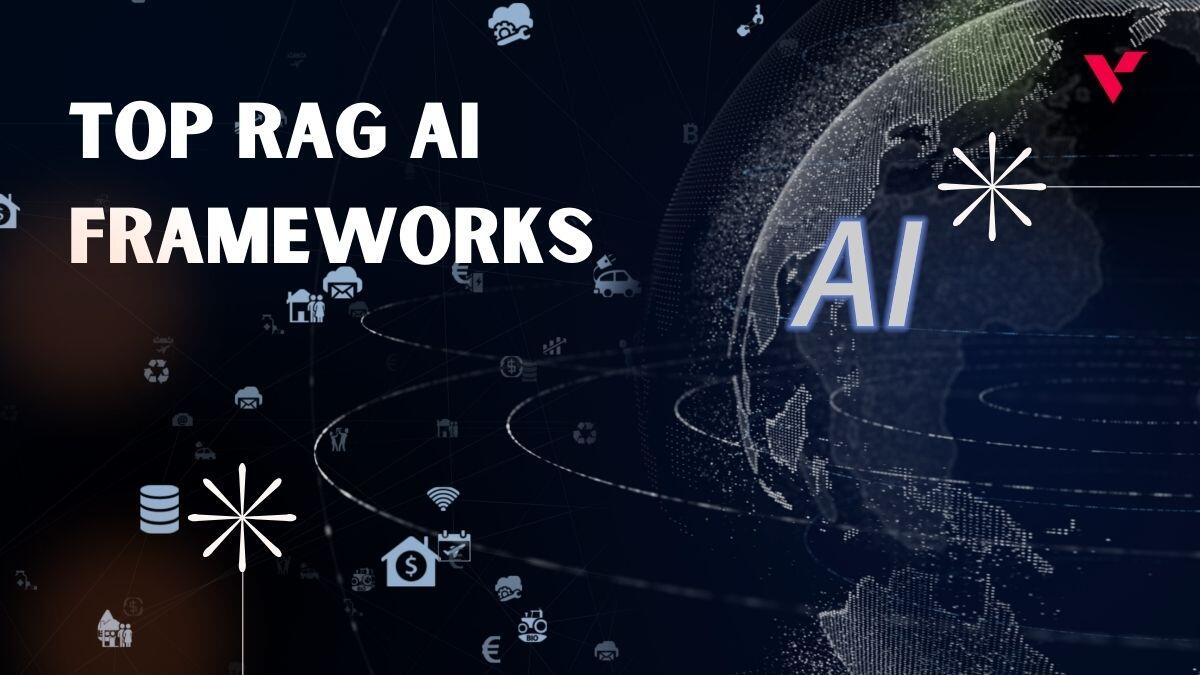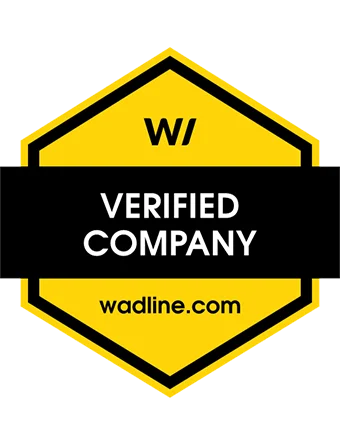Smart Home, IoT based Smart Camera, Smart Parking lot, and you name it. IoT is ruling the technological roast today with its far-reaching capabilities and the end-users are enjoying the ease.
Table of Contents
Why only end users?
IoT is creating ample opportunities for the businesses in the current and the upcoming market. Being the present and future of technology, many IoT App Development Companies have evolved with the sole aim to provide IoT solutions to the B2B and B2C market. It has influenced not only the data but the process as well. There has been a revolution in the way the data is been collected, stored and processed for further use.
This is the picture of IoT today. Seems too bright? There’s a dark side too.
If we make our way to the backend, you will find a humongous amount of data ready to be protected. The new model of IoT needs new security channels. The core aim is to secure the data and deliver it at the right time, the right place so as to perform the right action.
With the existing threats of cyber-attacks and hackers revolving around the IoT arena, the businesses will have to widen the horizon of their security plannings.
Need help?
The blockchain is the answer!
What is Blockchain and What is Blockchain Development?
The blockchain is a digital ledger in which the information is recorded publicly and chronologically.
Say, for example, a person named John requests for a transaction. This transaction request is then sent to a peer to peer network of computers. This is known as nodes. The node is used to validate the person’s identity using algorithms. If the identity gets verified, John can move to the next step, if not the transaction fails. Now, John can carry out the transaction, share information or store one. The transaction or sharing of information is complete.
You May Like
Ecommerce Will Be Safer Than Ever Thanks To Blockchain Technology
The Blockchain system is such that any person can interact with the system and the information is stored for all the users to see. This information of access is stored chronologically and nobody can tamper the data. Thus, making it a fool-proof system.
The Perfect Blend of Blockchain Technology and IoT
Just like IoT, Blockchain development services find its application in Healthcare, e-commerce, and Transportation.
Again, security is the top of the mind concern for these industries and blockchain aids them with its transparency. Talking about IoT development company, it needs an undisturbed collaboration, connection and networking for each module to function as a single entity.
Here are 5 ways in which blockchain can secure IoT:
1. Decentralized Model:
The present IoT systems solely depend on a centralized, connected communication system. The devices are then validated and connected through the servers and database. This is to store the data and process it.
In addition to this requirement, there has to be continuous Internet connectivity between the devices even though they are a few feet away from each other.
The solution seems feasible but if we foresee the future needs of the IoT ecosystem, the solution remains unsustainable.
This is where Blockchain development can help secure IoT.
Blockchain operates on a peer to peer network of computers and/ or devices. When used for IoT, it need not require to run on the top of a network but collaborate with the co-existing systems. Thus, blockchain will eliminate the centralized systems.
2. Reduced Cost Per Information:
Even a little delay in the processing of information can be frustrating at times for the users. However, more frustrating is the fact that centralized systems require an expensive solution to process the information in a secure environment.
This is because of the large infrastructural requirements of the IoT devices. Moreover, storing of data requires clouds and the maintenance cost is pretty too high.
This can be well taken care of by Blockchain.
With Blockchain technology, cost per transaction can be reduced because of the elimination of the centralized authority. The IoT systems can carry store and process the information without any complexity of the system.
3. Faster Processing of Data:
The first and the foremost rule of any IoT device is to be as fast as possible. A user would not want to wait for an entire minute to turn on his AC. Thus, in order to satisfy the end users, faster processing of data can be made possible with Blockchain development.
You May Like
Blockchain rules over the traditional technology with its capability to operate with utter transparency. The technology can be utilized to monitor the operations of IoT right from the start of a command to the end of the action.
If there is any flaw in the system, the Blockchain technology addresses it at an early stage and the delay in the operation can be cut down there and then itself.
4. Scalability of Devices:
Another reason to worry about the IoT devices is when a new device is to be introduced in the system. What if the device is full of malware and can affect the entire IoT ecosystem?
You May Like
With Blockchain technology, the scalability can be made possible by keeping the security on the top shelf. When the blockchain technology is utilized, the universal digital ledger can register the new devices in the system and validates the same. Once done, it runs a checklist to ensure the safety of the IoT ecosystem.
Thus, the scalability of the IoT devices can be made in the most smoother possible way with the help of the Blockchain technology.
5. Immediate Plan of Action:
You can have the best QA team in the world, but it is almost difficult to imagine all sorts of possible real-world situations that could lead to an IoT system failure. However, t could contradict the mere existence of the IoT system.
Even after testing the system for multiple times, if a bug is registered, it can stall the entire operation, leaving your end user banging his fist on your IoT device.
You May Like
How to Start Your Bitcoin or Cryptocurrency Exchange BusinesS? 10 Simple Steps
The solution to this can be in the form of a Blockchain technology. It provides quality to the entire IoT ecosystem. When a malicious software or bug or manipulator is detected, the smart blockchain technology detects the core of the issue and addresses the same.
This can help you resolve the issue faster and the data stored can remain untampered.
Key Takeaway
If Blockchain and IoT Technology are devised such that they walk hand-in-hand, it could ease many processes and reduce a lot of expense. Plus, the security comes for free.
In an IoT ecosystem, blockchain can store a chronological record of the devices engaged in the process. This helps keep the need of a centralized authority at bay and avoid confusion in the command. By utilizing blockchain technology, IoT solutions can enjoy a secure system. The transmission of commands will be transparent throughout the system and will enable greater trust in the system.
You May Like
Many IoT App Development Companies are looking for solutions that can protect their IoT systems. However, the cost of such solutions is way too high considering the returns. At the same time, the issues of scalability pop up.
Blockchain makes a perfect solution to such issues.
So, if you are an IoT App Development Company looking to protect your systems by preventing any malicious entity from entering your IoT ecosystem, you should seriously consider deploying Blockchain technology.




